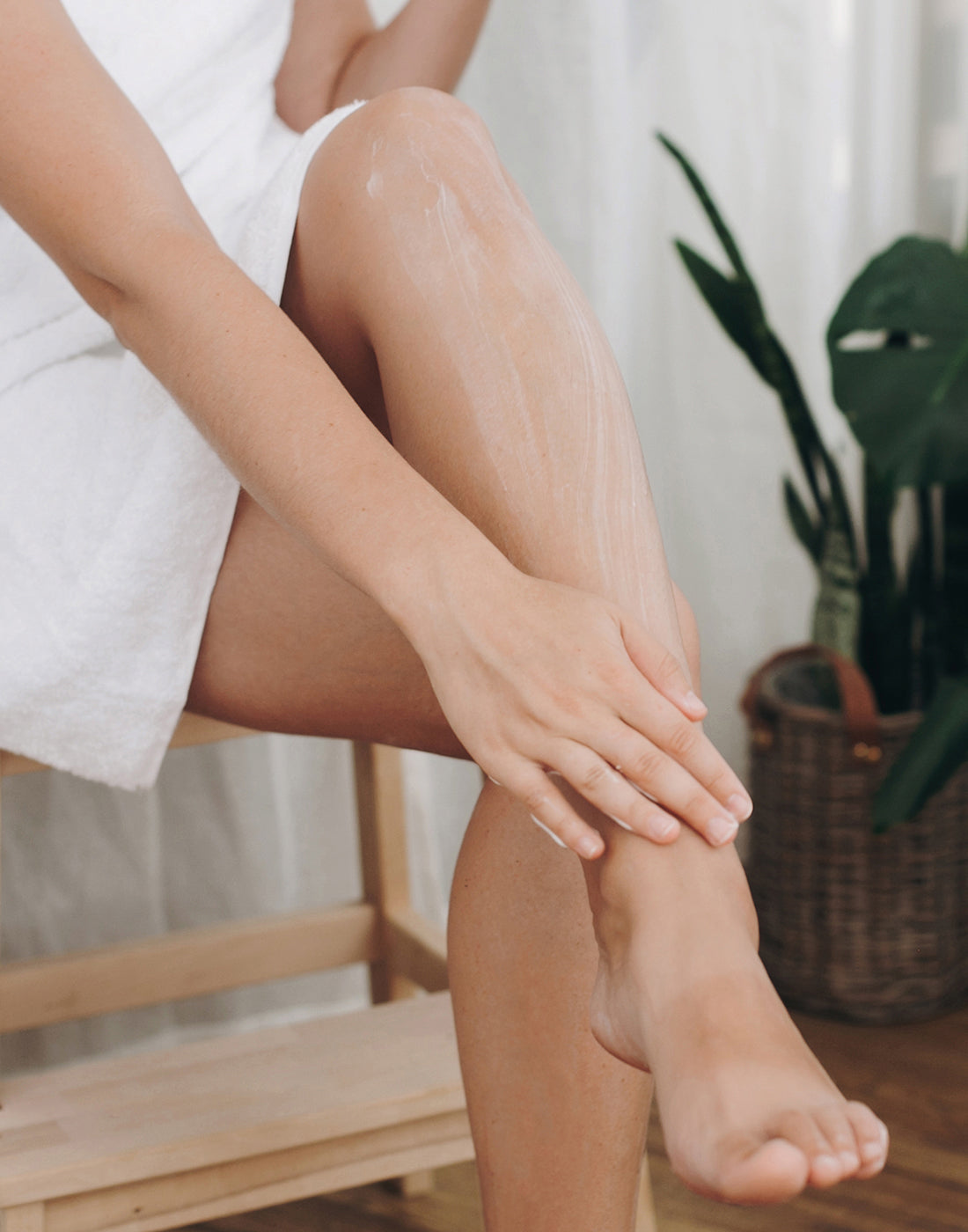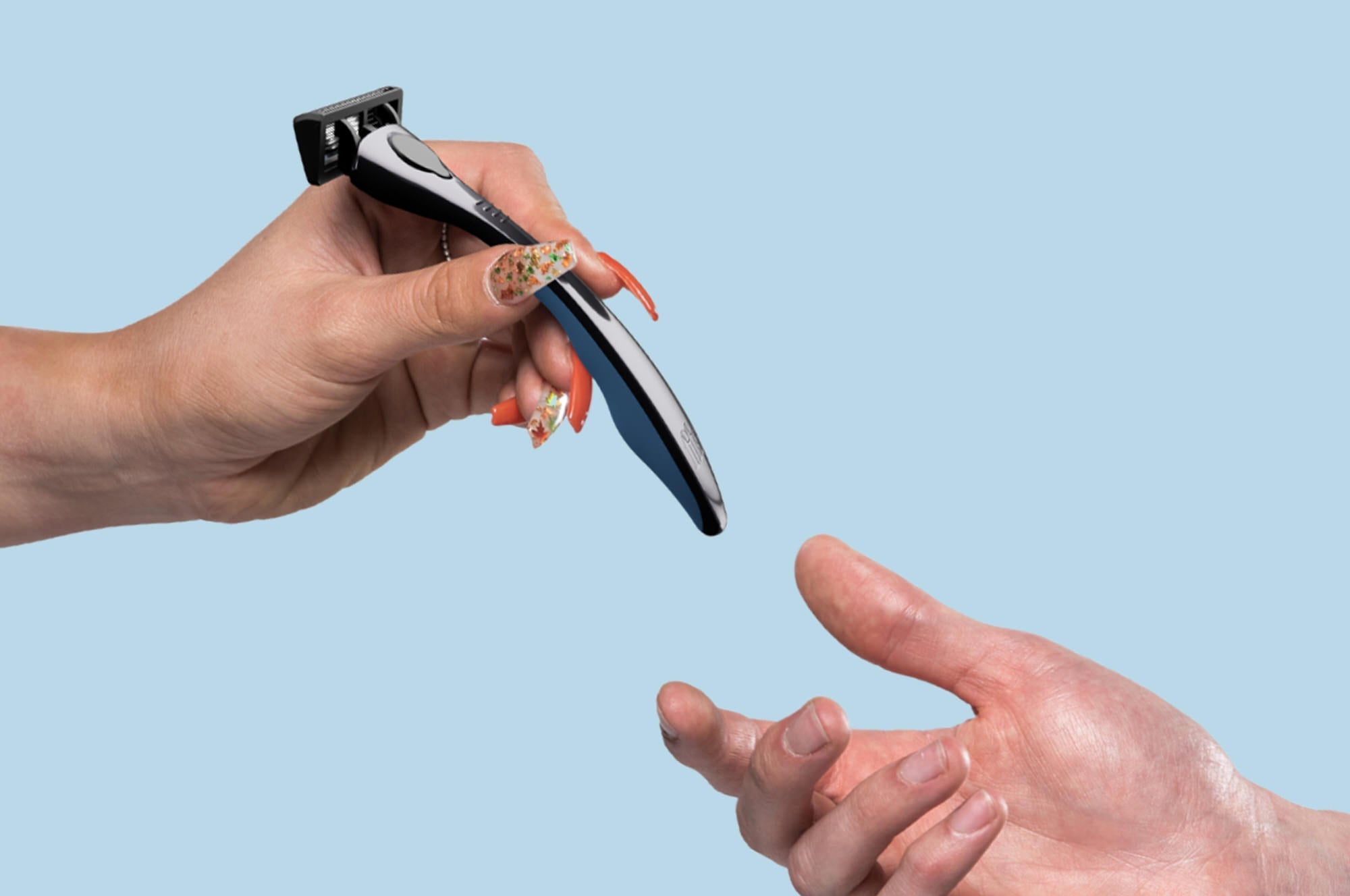So what is PCOS?
Polycystic ovary syndrome (PCOS) is the most common hormone condition in women of reproductive age. The name Polycystic Ovary Syndrome describes the number of small cysts that may form in the ovaries. However, women with PCOS don’t always develop these cysts. Relating to abnormal hormone levels in the body, PCOS can affect everyone in different ways.
Hormones involved in PCOS include:
Androgens - There's often higher levels of androgens in women with PCOS, produced mostly by the ovaries.
Insulin - Many with PCOS are resistant to the action of insulin in their body and so produce higher levels to compensate. Having too much insulin can cause the body to produce more androgens.
Progesterone - Those with PCOS can have a lack of progesterone.
What are the symptoms?
While PCOS affects everyone differently, some of the main symptoms include irregular periods, excessive facial or body hair, difficulty getting pregnant, weight gain, hair thinning and oily skin or acne. Some can have just one symptom, while others can have them all. Women with PCOS can also develop serious health problems including diabetes, heart disease, high cholesterol, sleep apnea and high blood pressure.
With PCOS affecting women is so many different ways, it can be hard to diagnose and often symptoms can be mistaken or brushed off as something else. This is why it's so important to spread awareness around it, as the more we know about it, the more we can take action and be in control of our own health.
How can I help to raise awareness?
Small actions like sharing this blog, starting conversations with friends, sharing this post and learning more about PCOS are some ways that we can raise more awareness and make a difference. You can find out more info including advice, support and lifestyle tips at PCOSAA.org












